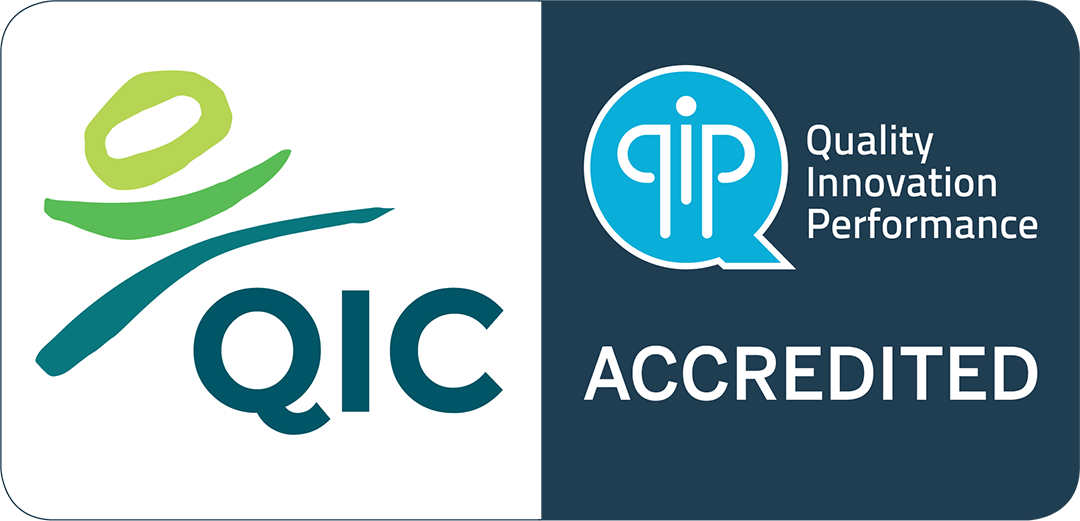Looking for our VicRoads Driver Behaviour Change Programs? Please click here.
Non-Residential Withdrawal Services at Windana
Our Non-Residential Withdrawal Service supports clients in the Barwon, South-Eastern Melbourne and Frankston–Mornington Peninsula catchment areas. Lena Kashaeva is a Registered Nurse delivering this vital home-based service on the Peninsula.
“The option to remain at home makes withdrawal accessible to more people,” says Lena. “Some clients have kids, work commitments, pets, plants, or are unable to travel.
“Often people also choose to face challenges in their home environment. You’ve got accountability – and that can really help in the relapse prevention space.”
Stepping into a client’s home also gives Lena the chance to support and educate family members and partners.
Over the past year, referrals for alcohol have dominated Len
a’s caseload, seeing a swing away from methamphetamines and GHB, with people from all walks of life accessing the service. Some reasons for this change include a community still recovering from the effects of the pandemic, and a growing awareness of home-based withdrawal as a viable treatment option.
After a client has been referred by their GP, Lena conducts a health session exploring medical impacts of substance use, and the client’s readiness for withdrawal. During the withdrawal process Lena will see the client daily, go with them to doctor’s appointments and help them respond to any challenges along the way.
Lena explains that Windana’s program is structured, yet extremely flexible.
“We have established ways of supporting clients, but I also have the flexibility to say this client needs something extra – and I’m going to do that something extra.”
“Our support goes beyond nursing includes elements of care and recovery coordination, social work, family counselling and education,” Lena says. Another important part of Lena’s role is educating the sector about substance use: “My goal is to reduce the stigma around substance use and connect services.”
Lena sits on a monthly interdisciplinary panel to support the clinical care of local women. She runs educational sessions with organisations such as Mentis Assist, Anglicare and Hope Assistance Local Tradies (HALT). She also collaborates with outreach workers in diverse fields and advocates for clients to make sure they can access the care they need from other services.
Lena’s work navigating the complex health system is driven by her deep understanding of the region’s need to work together.
And there’s been phenomenal progress.
“I’ve spent close to seven years driving around meeting with every GP and attending every appointment possible so they can see that the support’s there. We’ve gone from three GP referrals a year, to five yesterday alone!”
You can find out more about Non-Residential Withdrawal here – https://windana.org.au/services/non-residential-withdrawal-service/
You can read more about Windana on our latest Annual Report available here – https://windana.org.au/wp-content/uploads/2022/12/20221201_Windana-AnnualReport_2022_40pp_web.pdf
Non-Residential Withdrawal Services at Windana
Our Non-Residential Withdrawal Service supports clients in the Barwon, South-Eastern Melbourne and Frankston–Mornington Peninsula catchment areas. Lena Kashaeva is a Registered Nurse delivering this vital home-based service on the Peninsula.
“The option to remain at home makes withdrawal accessible to more people,” says Lena. “Some clients have kids, work commitments, pets, plants, or are unable to travel.
“Often people also choose to face challenges in their home environment. You’ve got accountability – and that can really help in the relapse prevention space.”
Stepping into a client’s home also gives Lena the chance to support and educate family members and partners.
Over the past year, referrals for alcohol have dominated Len
a’s caseload, seeing a swing away from methamphetamines and GHB, with people from all walks of life accessing the service. Some reasons for this change include a community still recovering from the effects of the pandemic, and a growing awareness of home-based withdrawal as a viable treatment option.
After a client has been referred by their GP, Lena conducts a health session exploring medical impacts of substance use, and the client’s readiness for withdrawal. During the withdrawal process Lena will see the client daily, go with them to doctor’s appointments and help them respond to any challenges along the way.
Lena explains that Windana’s program is structured, yet extremely flexible.
“We have established ways of supporting clients, but I also have the flexibility to say this client needs something extra – and I’m going to do that something extra.”
“Our support goes beyond nursing includes elements of care and recovery coordination, social work, family counselling and education,” Lena says. Another important part of Lena’s role is educating the sector about substance use: “My goal is to reduce the stigma around substance use and connect services.”
Lena sits on a monthly interdisciplinary panel to support the clinical care of local women. She runs educational sessions with organisations such as Mentis Assist, Anglicare and Hope Assistance Local Tradies (HALT). She also collaborates with outreach workers in diverse fields and advocates for clients to make sure they can access the care they need from other services.
Lena’s work navigating the complex health system is driven by her deep understanding of the region’s need to work together.
And there’s been phenomenal progress.
“I’ve spent close to seven years driving around meeting with every GP and attending every appointment possible so they can see that the support’s there. We’ve gone from three GP referrals a year, to five yesterday alone!”
You can find out more about Non-Residential Withdrawal here – https://windana.org.au/services/non-residential-withdrawal-service/
You can read more about Windana on our latest Annual Report available here – https://windana.org.au/wp-content/uploads/2022/12/20221201_Windana-AnnualReport_2022_40pp_web.pdf






